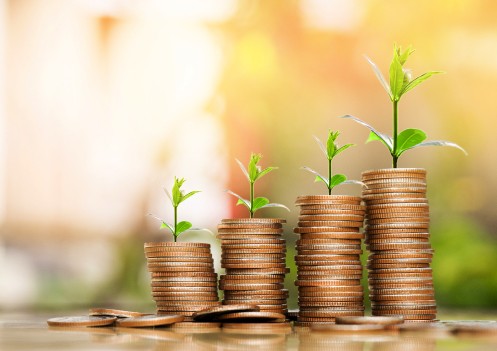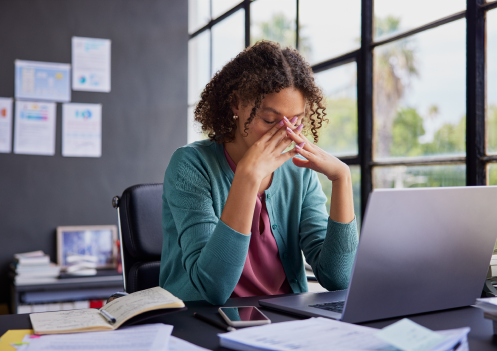I hope you, your family and all those you hold dear are healthy, both physically and emotionally. And that you reach out, at a social distance, to connect to as many people as you have the energy for. It will do you good, and it will do them good. People first, right? Now is the time to lean on each other, share with each other, and I hope find a way to laugh a bit with each other.
I know it can seem like life is suspended as you stay safe and social distance to protect not just yourself, but everyone. Patience is doing your part for your community.
At the same time, I think now is a very smart time to start planning for how you can be best prepared for the next crisis. Yes, I know you have challenges to make it through this one, but I think there is an important lesson and opportunity to embrace right now. A crisis is not a once-in-a-lifetime event. Our world has presented us with two major financial crises and this global health crisis in barely more than a decade. Or consider that, for many of us, the frequency of natural disasters—hurricanes, floods, wildfires—is occurring more frequently.
It is not my intention to depress you or add to your already burdened shoulders. Just the opposite. This is an opportunity to rethink your crisis expectations. Expect them to happen. Not “if” they will happen, but “when” they will happen. Whether the next one is a year away or 15 years away, we don’t know. But if you embrace “hope for the best, plan for the worst,” I think you will see there’s sound logic in planning for the next crisis, whenever it may come. And once you start planning, you will feel so much better knowing you are going to be prepared.
The best way to plan for the next crisis is to focus on your emergency fund. For more than a dozen years, I have been insisting that it is wise to have eight months of living expenses set aside in a safe savings account. When things are going great, people tell me I am being too cautious. Eight months! Everyone else says three months is fine. Why don’t I?
And then times like today arrive, and suddenly no one is arguing with me. Anyone who is living through the crisis with an 8-month cash cushion is likely feeling less stressed.
For those of you who haven’t yet reached the 8-month target, don’t you dare sink into shame or blame. What a waste of emotional energy!
What I am asking of you is to commit to saving more. If you are still employed, then there is no question you can save more today. For those of you dealing with a layoff, I understand there may not be a dollar to save right now. But please use this time to think through what lifestyle changes you could make once you get back to work that could save you $10 or $25 a week.
That’s how an eight-month emergency savings account is built: slowly, over time, by finding ways to reduce your spending (or bring in more income with a side gig). By the time the next crisis hits, you will be more ready than ever before.
Top Resources for You

The Ultimate Retirement
Guide for 50+
Learn More

MUST HAVE® Documents
Online Program
Learn More







